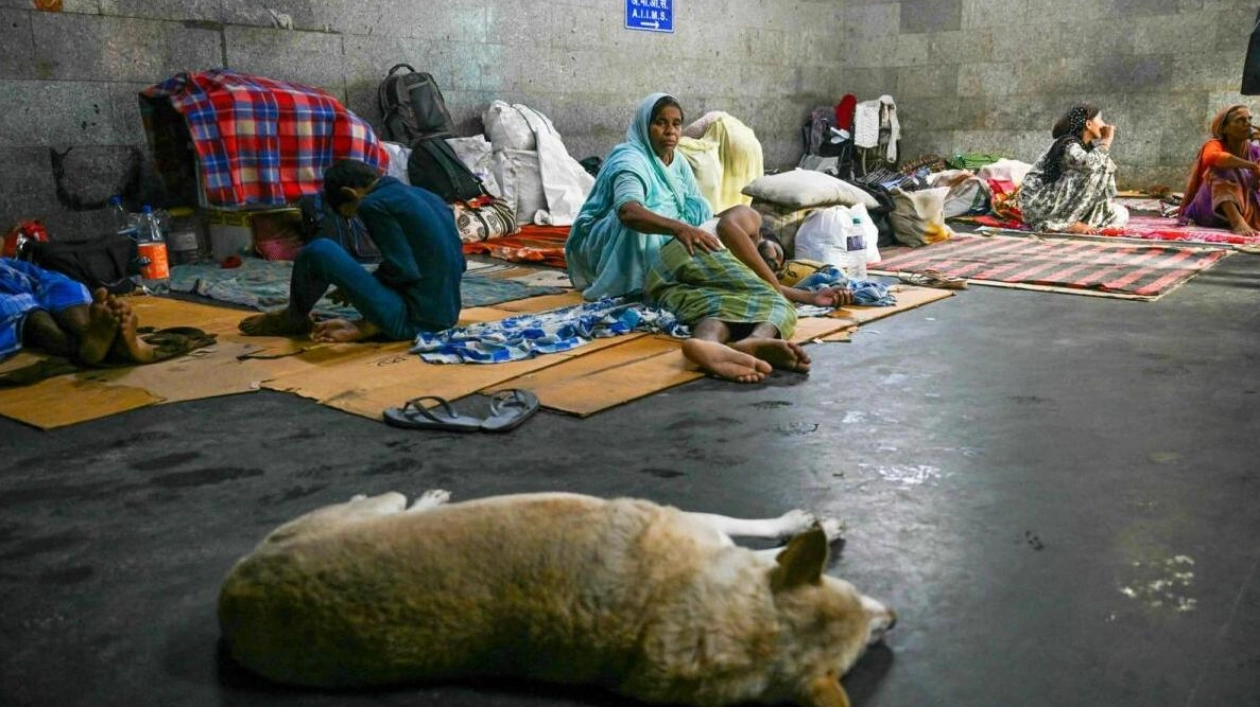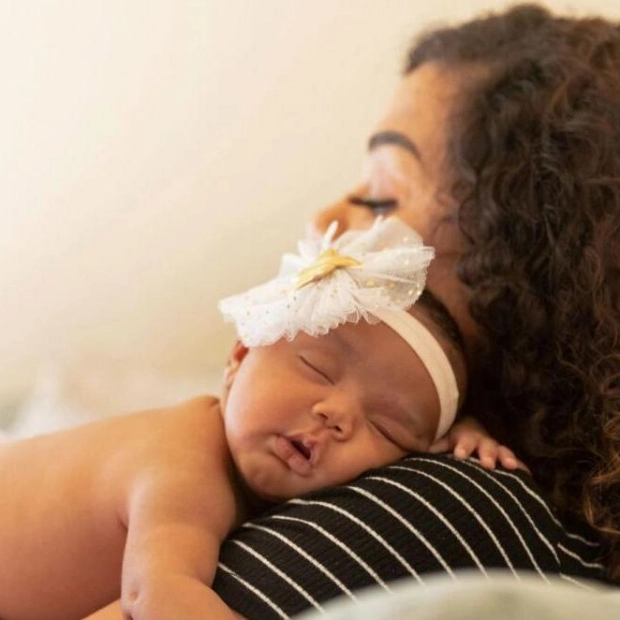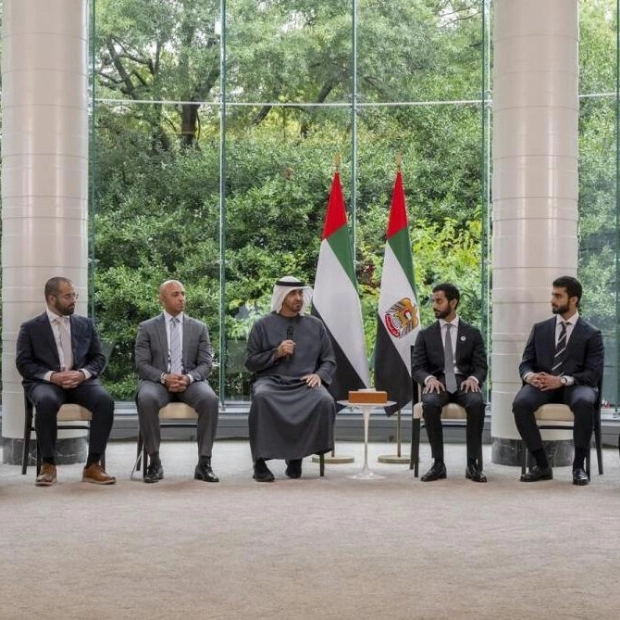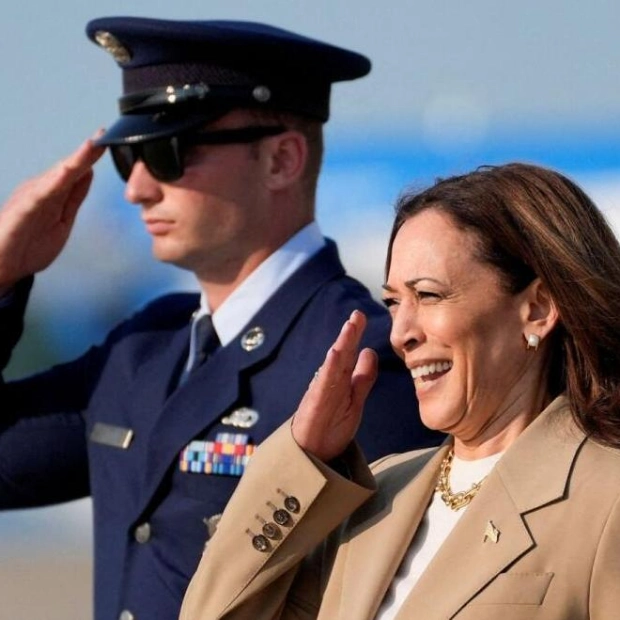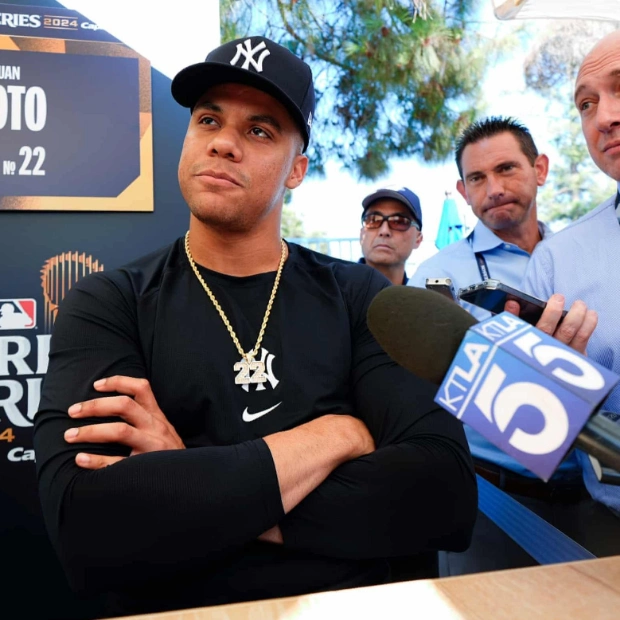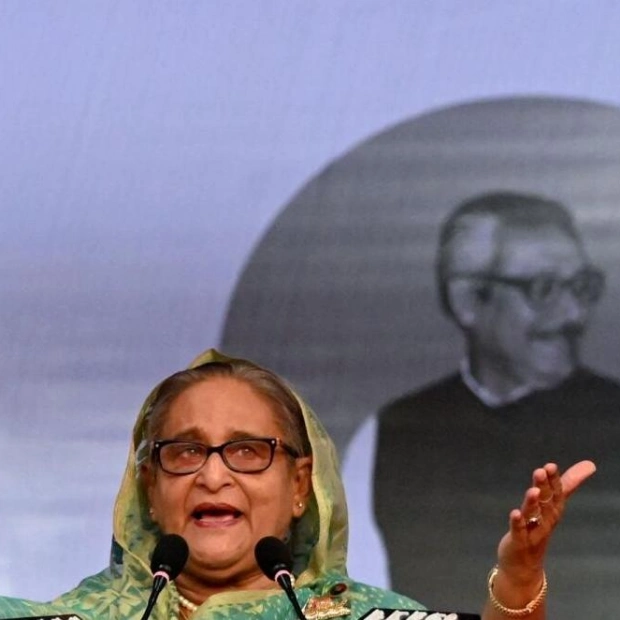In a dimly lit pedestrian subway in New Delhi, patients awaiting treatment at nearby hospitals sit on the ground, their numbers swelling as Indian doctors protest the rape and murder of a colleague. Oresa Khatoon fears her son may die untreated, as doctors from government-run hospitals enter their second week of strikes, withholding non-essential services and demanding justice for their fallen comrade and improved security for themselves. Khatoon, 65, has anxiously waited for 10 days for an appointment at the prestigious All India Institute of Medical Sciences (AIIMS). "His condition is dire," Khatoon said, casting a concerned look at her 30-year-old son, who has been bedridden for four years due to a brain tumor. "I can't tell if this strike is right or wrong. All I worry about is that my son might die before the appointment date arrives."
Patients frequently seek refuge in the underpass, shielded from the scorching heat or monsoon downpours, while enduring long waits to see a doctor. However, the strike has exacerbated the situation. Protests flared after the 31-year-old doctor's battered body was found at a state-run hospital in Kolkata on August 9. A man who assisted people in navigating the hospital's crowded queues has been detained. Doctors' associations from government-run hospitals across many Indian cities have launched strikes, suspending non-essential services. Tens of thousands of ordinary Indians have joined the protests, channeling their outrage over the persistent issue of sexual violence against women. Yet, the protests have severely impacted patients like Khatoon, who rely on free treatment in government-run hospitals due to their poverty.
Patients share the space with dogs, lying on thin mattresses on the floor, the air thick with the smell of urine. Sarita Devi, from Uttar Pradesh, is distressed because her husband, a daily wage laborer, has been unable to seek treatment for a cancerous tumor in his leg. "The doctor isn't answering calls," 35-year-old Devi said, tears streaming down her face. "We're running from one place to another. He cries in pain at night, and I can't do anything." Doctors are also demanding the implementation of the Central Protection Act, a bill aimed at protecting healthcare workers from violence. The brutal nature of the attack has drawn parallels with the infamous 2012 gang rape and murder of a young woman on a Delhi bus. Sexual violence against women is rampant in India, with an average of nearly 90 rapes reported daily in 2022 in the country of 1.4 billion people.
Rosy Khatoon, whose husband suffers from stomach cancer, believes the current strike is "unfair." "I don't know how long this strike will go on. Senior doctors aren't coming to the hospital," said Rosy, 35, sitting beside her husband, who has a colostomy bag. "When we ask for help, they tell us to be quiet. This strike is unjust. People are dying." How can this continue with so many patients suffering?
